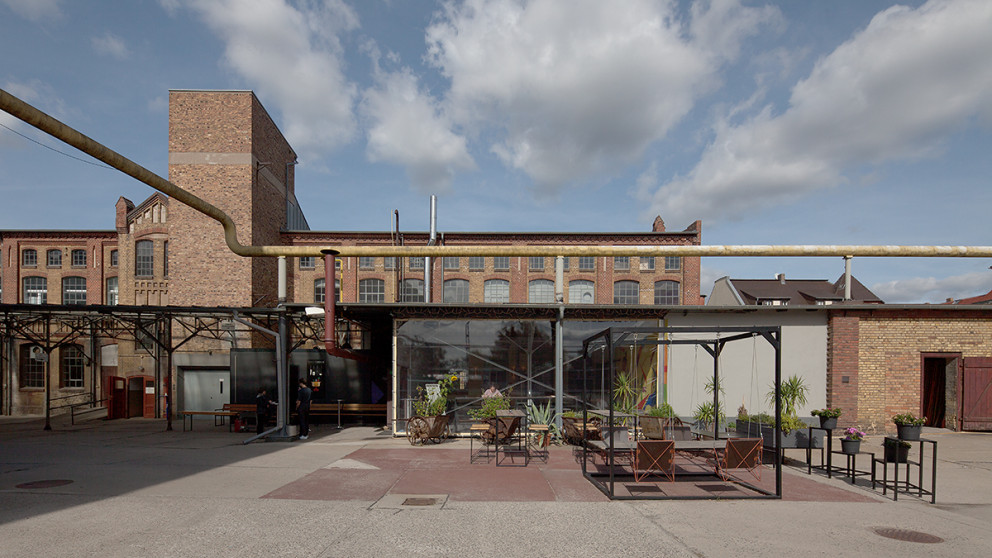Lusatia’s Transformation Is Falling Short on Environmental Sustainability
07.10.2024
10.3 billion euros of federal funding and several hundred million euros of state funding have been allocated to support the structural transformation of the Lusatian coal district in Brandenburg. But are the projects targeted by this funding putting the region on course for a sustainable future? A study by RIFS researchers casts doubt on the outlook. On the ground in Lusatia, even goals that are anchored in Germany’s National Sustainable Development Strategy appear to play only a marginal role in decision-making. To turn this around, the researchers argue, ministries will need to place more emphasis on sustainability and work together to allocate funding appropriately.

The researchers analysed official documents and interviewed experts from politics, business and civil society to investigate the extent to which sustainability goals shape the transition process following the coal phase-out in the Lusatian coal district in Brandenburg, Germany. The resulting study has been published in the "Journal of Environmental Policy & Planning". "We found that many of the interviewees have rather weak conceptions of sustainability and, as a consequence, their decision-making is not guided by the sustainability goals. Nevertheless, there are projects that address sustainability aspects, particularly in the areas of emissions reduction, climate protection technologies, education and health infrastructure. In other areas, however, including nature conservation, water and sustainable consumption, we found few or no projects," says study author Konrad Gürtler. Instead, the bulk of the projects awarded funding focus on strengthening economic growth and diversification and creating new jobs.
Every ministry has different priorities
The UN Sustainable Development Goals and the National Sustainable Development Strategy do not play a significant role in shaping post-coal transformations. Neither federal nor state laws identify sustainability as an aim, but only as a criterion for the allocation of funds. In the expert interviews, it became clear that sustainability is rarely discussed in relevant decision-making bodies. This includes the workshops in which transition projects are selected across five thematic areas with the support of various stakeholders. This lack of policy coherence (i.e., the interplay of projects) and public as well as intergenerational participation undermines the chances of achieving far-reaching social, economic and ecological change in the transition region. Likewise, as there is no mechanism for comprehensive sustainability monitoring, it is difficult for decision-makers to adjust policies appropriately.
On the other hand, there are significant steps toward transformation in select domains such as technology and renewable infrastructure, alongside cautious experimentation with democratic innovations. However, the transformative effect of these initiatives remains uncertain. "While the extent of funding channelled to transition regions indicates that the federal and state governments want to achieve more than just replacing coal with other forms of electricity generation, there are no strong signals of a fundamental transformation toward sustainability. To achieve this, the federal and state governments will need to be more decisive in their efforts to steer regional change," says co-author David Löw-Beer. At present, each ministry sets different priorities and there is little cooperation on sustainability goals.
More monitoring and opportunities for participation needed
The implementation of monitoring and evaluation schemes could help to drive improvement, not least of all by strengthening transparency and enabling follow-up measures. In addition, improving programmes for the participation of civil society, citizens, children and young people could improve the sustainability of this regional transformation. Considering the extraordinarily high level of funding earmarked for the coal phase-out, it is crucial that the leverage points for a comprehensive transformation towards sustainability be properly identified. The lessons learnt could inform and strengthen future processes of structural change.
Gürtler, K., & Löw Beer, D. (2024). What role for sustainability in post-fossil regional transition processes? Exploring governance conditions, actors, and transition projects in a German coal phase-out region. Journal of Environmental Policy and Planning. https://doi.org/10.1080/1523908X.2024.2389837
Contact

